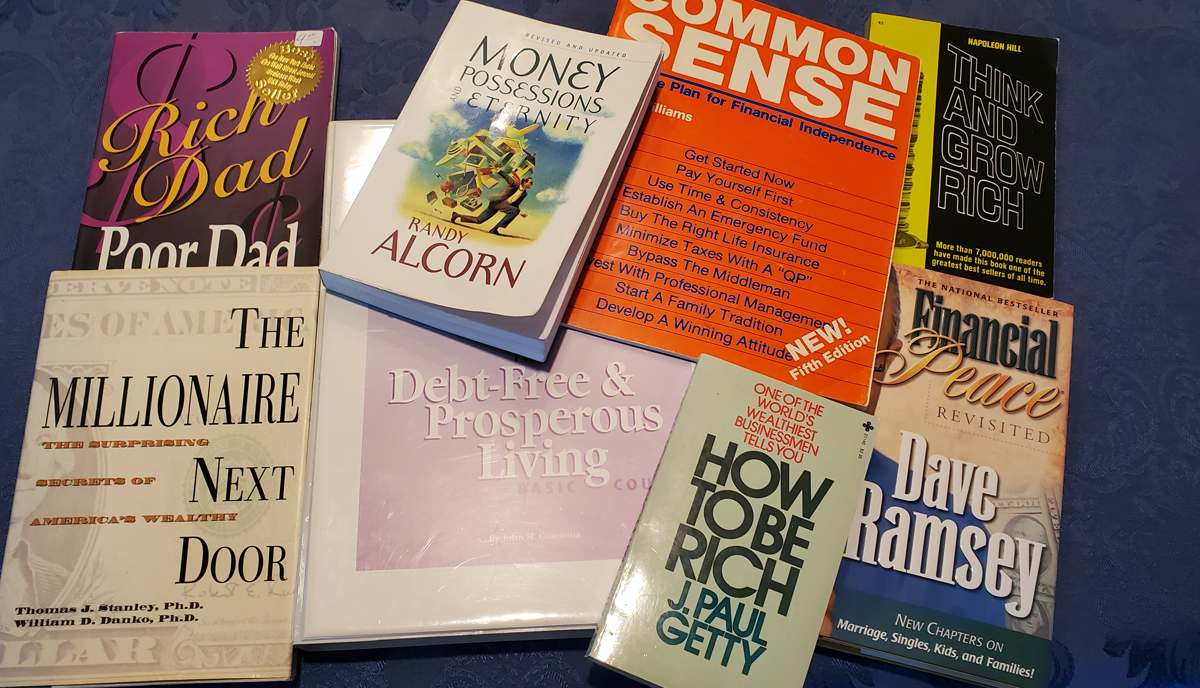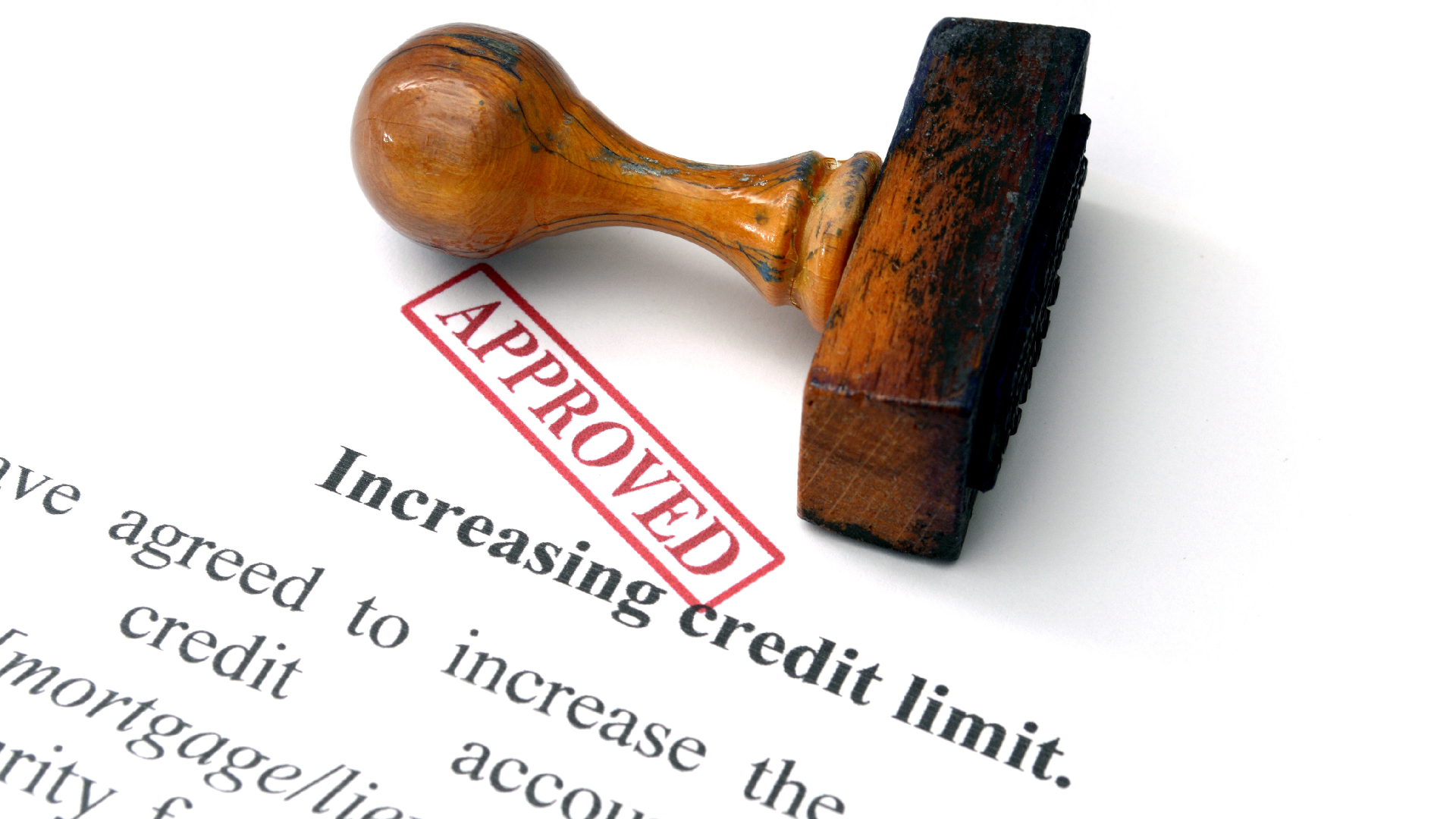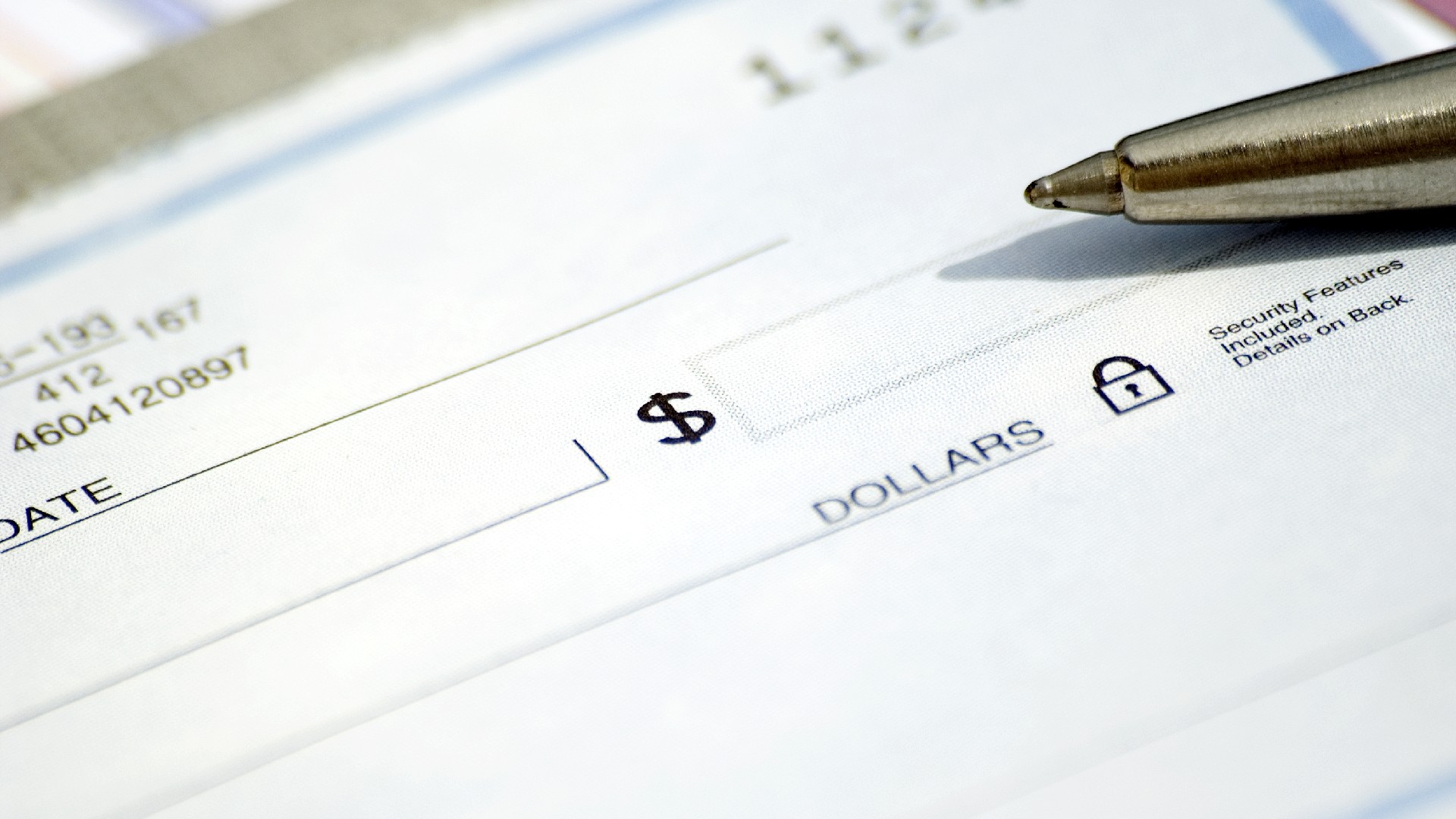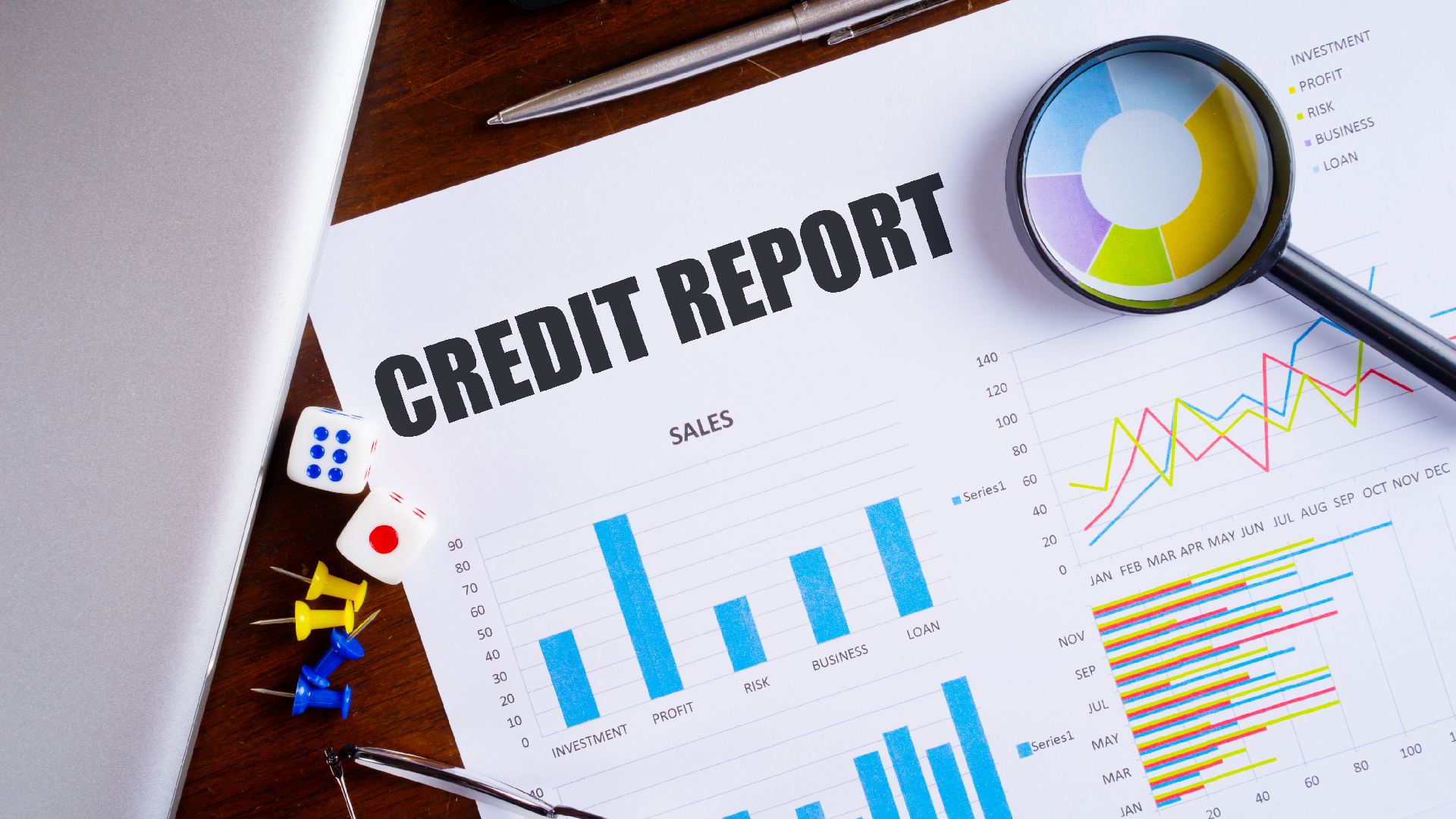According to Equifax, one of the three major credit reporting bureaus, the average credit score for people in the United States hovers around 698. That’s a decent score and one high enough to get you access to various forms of credit including mortgages, credit cards and personal loans.
But what if your credit isn’t average or higher? Poor or bad credit can make it harder to access financial tools or get approved for credit at competitive interest rates. But no one’s ever stuck with the credit score they have right now. Check out seven potential ways to make a positive impact on your credit below.
1. Ask for Higher Credit Limits (But Don’t Use Them)
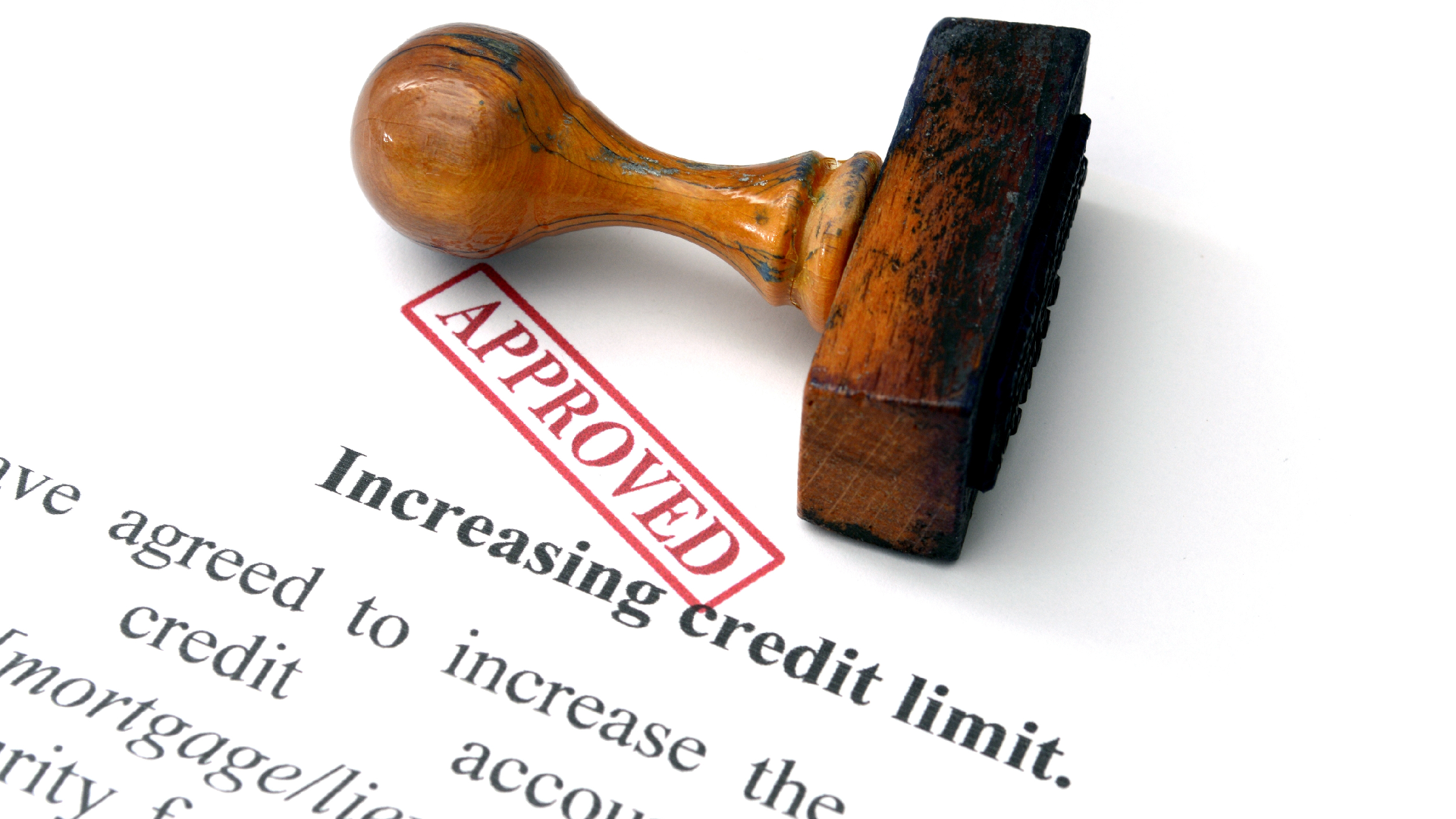
If you already have revolving credit accounts, such as credit cards, consider asking for a higher limit. If you’re in good standing with your credit card company, it may be willing to increase your credit limit.
How does this potentially improve your credit score? Credit utilization is one of the major factors that impact your credit score. Utilization is how much credit you’re using, and it’s particularly relevant to revolving credit.
For example, if you have a $1,000 credit limit on your credit card and you have a balance of $500, your credit utilization rate is 50%. The Consumer Financial Protection Bureau notes that keeping your credit utilization at or below 30% demonstrates that you’re responsible with your accounts. That’s potentially good for your credit score.
One way to reduce your credit utilization rate is to raise your credit limit. If you have that $1,000 limit and $500 balance, consider what happens if your credit card company agrees to double your credit limit — suddenly, your utilization rate is only 25%.
However, that only helps you as long as you don’t run up the balance some more. So, make sure to keep your cards paid down whenever possible to benefit your credit score.
2. Pay Down Some of Your Revolving Credit Quickly
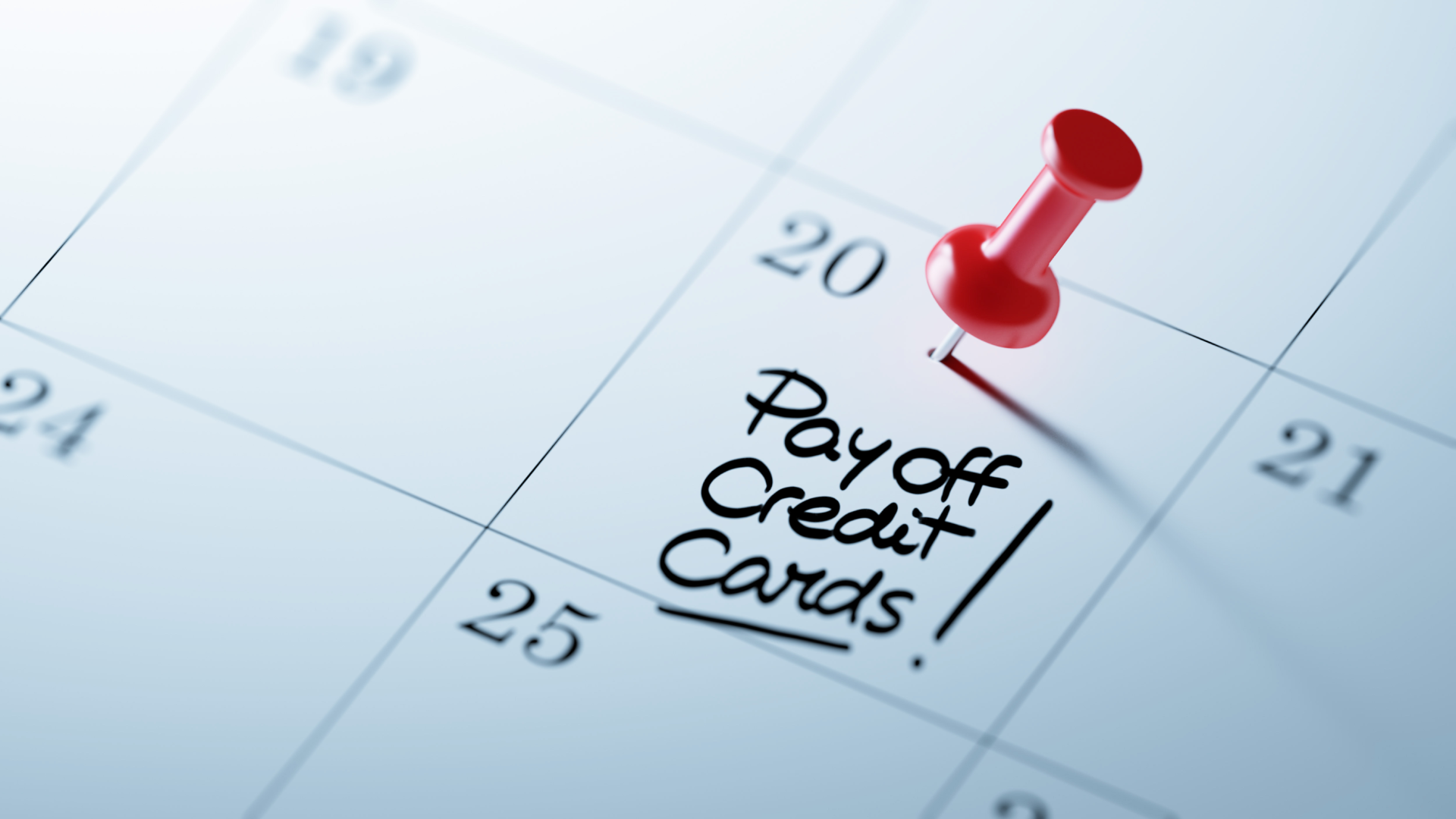
The opposite is obviously true too. If you can’t get your credit limit raised, consider paying down some of the balance.
In the example above of a $1,000 credit limit and $500 balance, you would only have to pay down $200 to get to that preferred 30% rate the CFPB noted. Typically, the lower you can go when paying down credit card debt, the better.
3. Open an Installment Loan if All You Have Is Revolving Credit
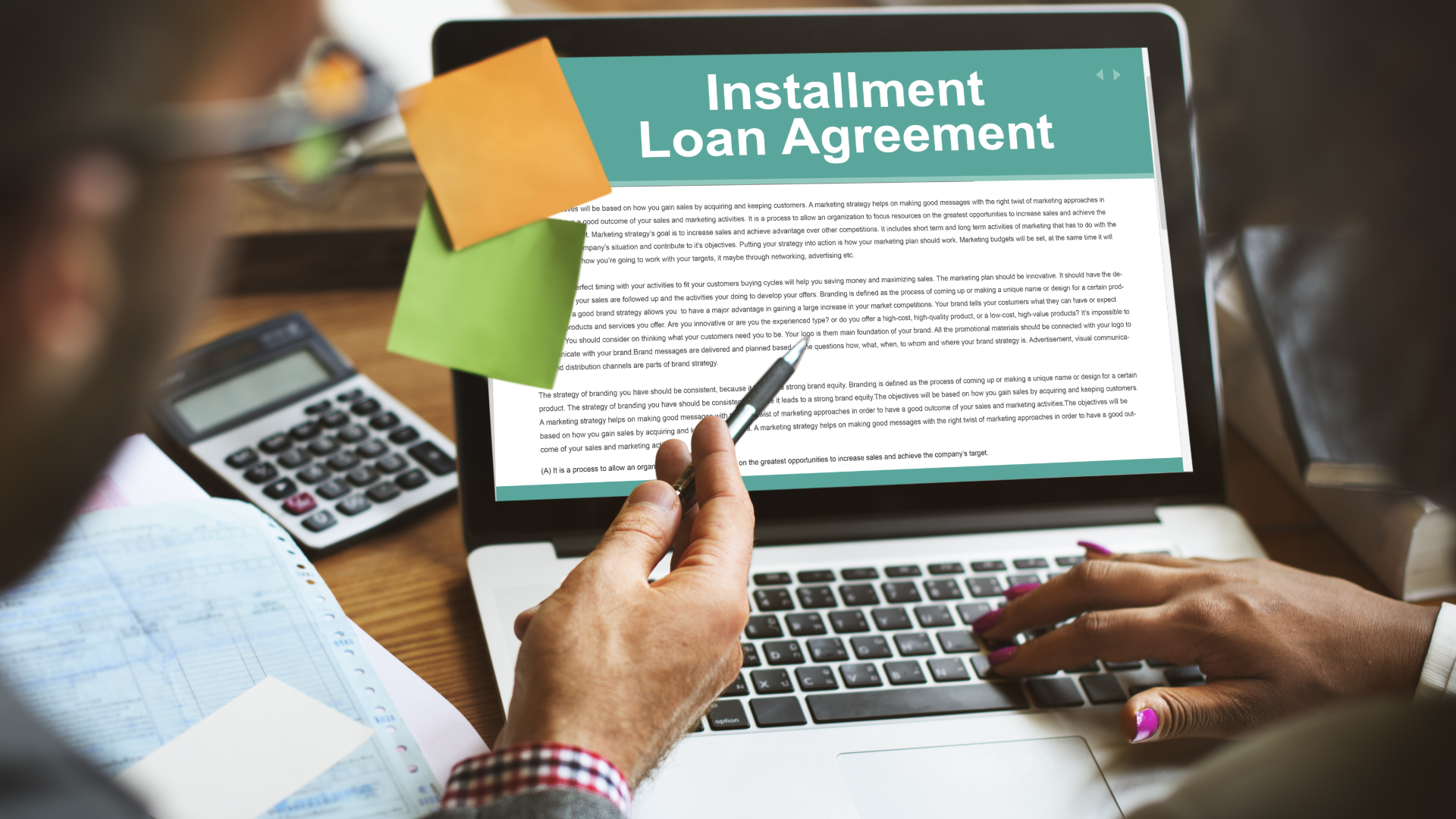
According to the Federal Deposit Insurance Corporation (FDIC), around 10% of your credit score is related to your credit mix. That just means that you have a mix of installment accounts like loans and revolving credit like credit cards.
If you don’t have any installment accounts on your credit history, opening one might help boost your score in the future. Installment accounts can include personal, auto, mortgage or personal loans. But if you’re trying to boost your credit quickly, a short-term personal loan may be the type of installment loan you’re looking for.
4. Make All Your Payments on Time
The FDIC also notes that payment history accounts for around 35% of your credit score. Creditors that report to the credit bureaus make notes in your credit history about whether you made payments on time or late—including how late you were with payments.
Late payments are negatives and can bring your credit score down. The later the payments are, typically the worse the impact on your credit score. Making all your payments on time helps you build a strong credit profile, which in turn leads to a better credit score.
5. Get Incorrect Negative Information off Your Credit Reports
Credit reporting errors do occur; in fact, a Federal Trade Commission study indicates that around 20% of Americans with a credit report have at least one mistake on theirs.
Mistakes can include typos in your name, personal information or account data. They can also include incorrectly reported late payments or balances. You can see what information is on your credit report by getting a free copy at AnnualCreditReport.com.
Review your reports with all three of the major credit bureaus. Those are TransUnion, Equifax and Experian. If you find errors, you can dispute them. The credit bureaus are required to investigate, and if the reporting agency (usually the creditor) can’t provide documentation to prove the information, the bureau must remove or change it.
These investigations can take between 30 and 45 days to yield results. But if you’re able to correct a negative item on your account, it might mean a fast boost to your credit score.
6. Get Added as an Authorized User on Someone Else’s Credit Card Account
Piggybacking on someone else’s good credit can also be a good way to increase your credit quickly. It works like this: You get a friend or family member you trust (and who trusts you) to add you as an authorized user on their credit card account.
This can mean you’re allowed to make charges on their account via a card that’s provided to you. But your loved one doesn’t have to give you that card or permission to make charges for you to get credit benefits from this arrangement.
If the card company in question reports payment activity to the credit files of authorized users too, you get the positive effect of your loved one’s timely payments. However, you do have to ensure you’re choosing someone who is likely to make timely payments and keep their credit utilization low. Otherwise, you could end up with a negative impact on your credit.
7. Get Other Types of Payments Reported on Your Credit History
Getting added to someone else’s credit accounts and opening new lines of credit yourself are hardly the only ways to increase your credit score quickly. You may be able to do so by taking advantage of accounts you already have, including your utility, phone or streaming service accounts.
You can sign up for a service such as Experian Boost to get these types of accounts added as trade lines. That means that they get added just like a loan or credit card. If you pay your bills on time, you get the benefit of that on your credit report payment history. However, the opposite could be true if you pay them late, so make sure you’re making all your payments on time.
Build Credit with a Loan from Wise Loan
If you want to add an installment loan to your credit history to help build credit, consider applying for a loan with Wise Loan. You don’t need good credit to be approved and Wise Loan reports to all three credit bureaus and offers other tools to help you build your credit for the future.
The recommendations contained in this article are designed for informational purposes only. Essential Lending DBA Wise Loan does not guarantee the accuracy of the information provided in this article; is not responsible for any errors, omissions, or misrepresentations; and is not responsible for the consequences of any decisions or actions taken as a result of the information provided above.



